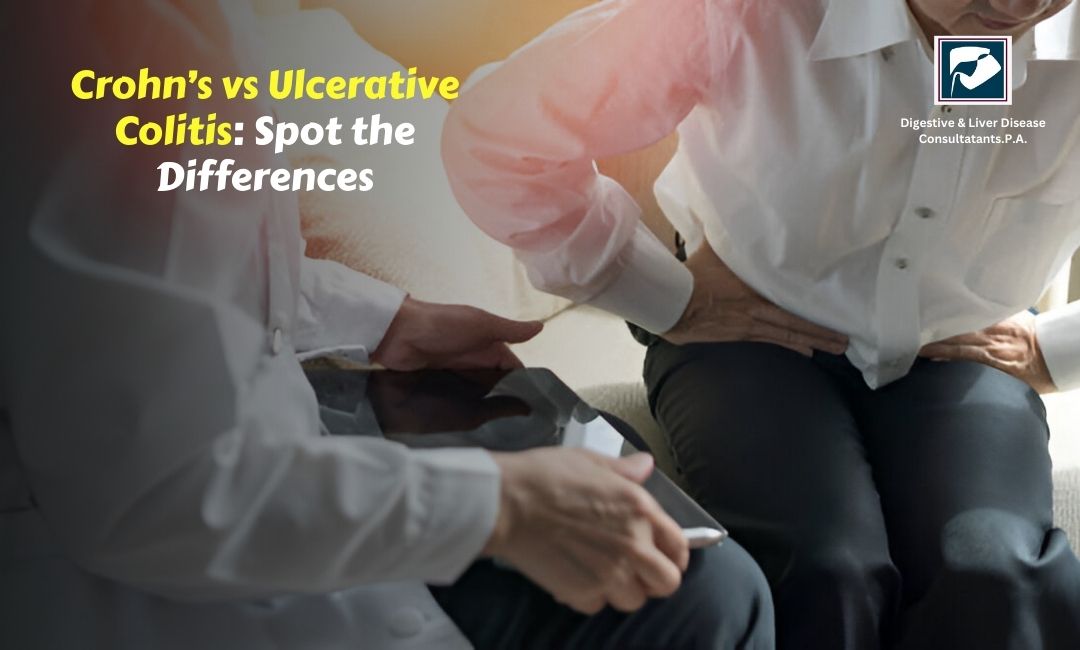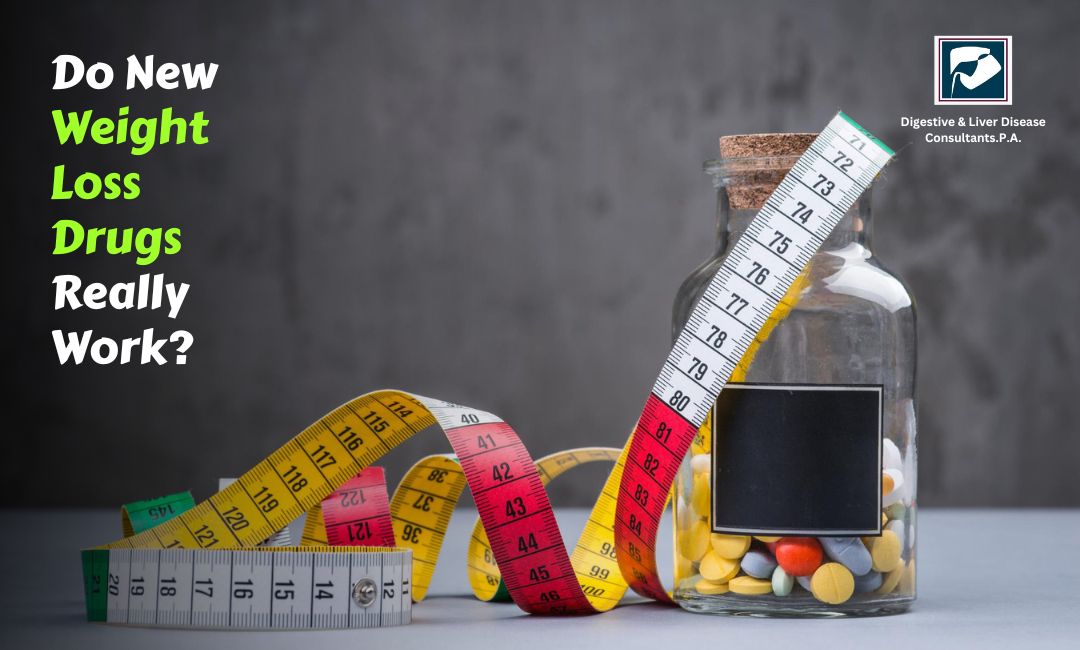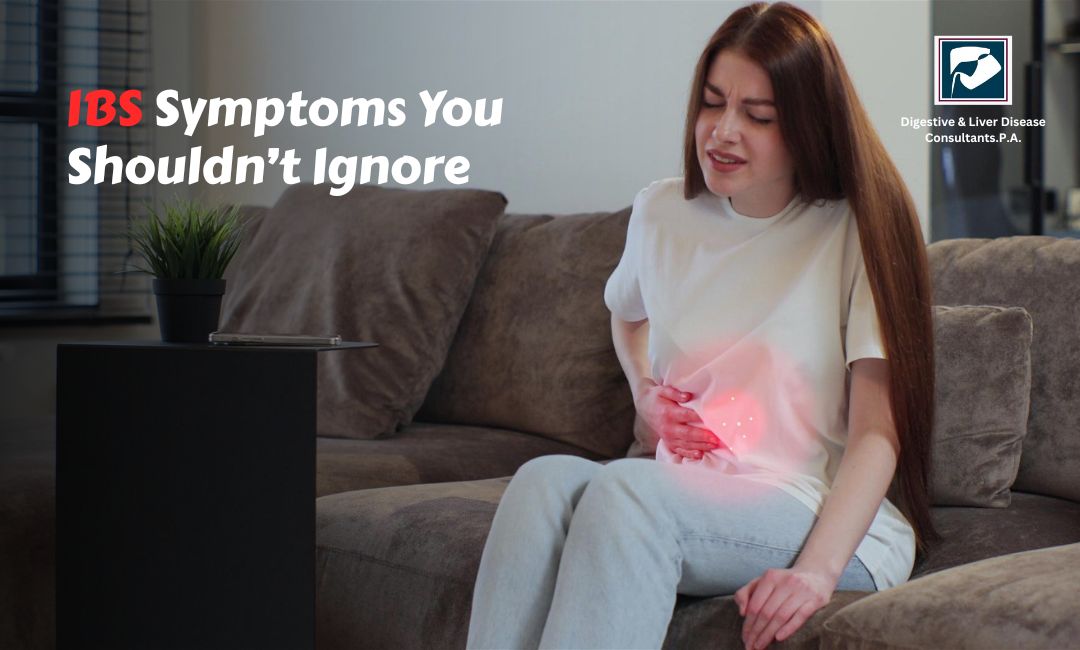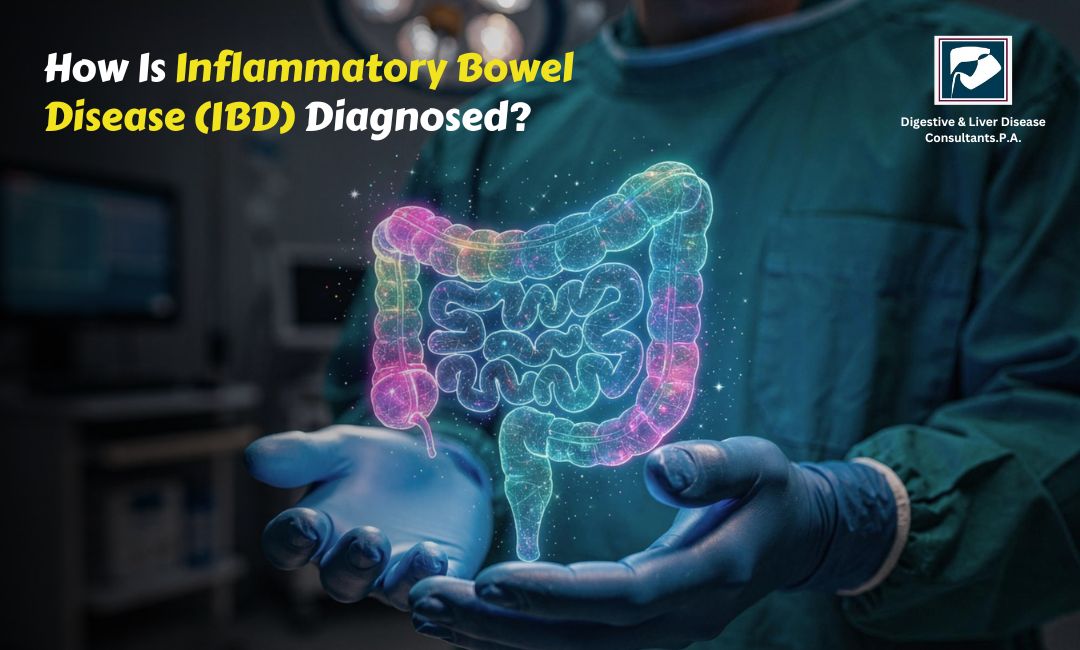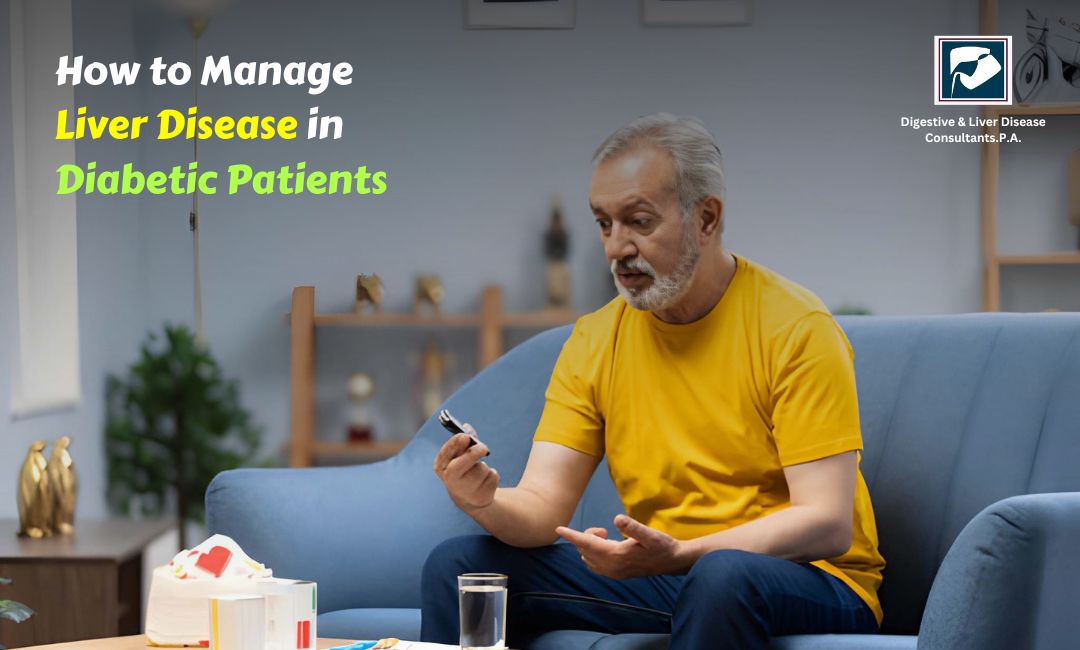Digestive health plays a big role in how we feel every day. When something goes wrong with the digestive system, it can affect energy, comfort, and overall well-being. Among the most challenging digestive conditions are Crohn’s disease and ulcerative colitis. Both are types of inflammatory bowel disease (IBD), and while they share similarities, they are not the same.
Many patients confuse the two or assume they mean the same thing. Understanding the differences can help patients recognize symptoms, get the right diagnosis, and choose the best treatment.
In this blog, we’ll break down Crohn’s vs. ulcerative colitis, explain symptoms, causes, and treatment options, and share how expert care at Digestive & Liver Disease Consultants, P.A. (DLDC) can help you manage these conditions.
What Is Crohn’s Disease?
Crohn’s disease is a type of inflammatory bowel disease that can affect any part of the digestive tract. It most commonly impacts the end of the small intestine (ileum) and the beginning of the large intestine (colon).
What makes Crohn’s unique is that the inflammation can occur in patches, leaving some areas of the intestine healthy while others are inflamed. The inflammation can also extend through multiple layers of the intestinal wall, making it more complicated.
Common Symptoms of Crohn’s Disease
- Abdominal pain and cramping
- Persistent diarrhea
- Fatigue
- Unintended weight loss
- Reduced appetite
- Blood in the stool in some cases
Crohn’s may also cause extraintestinal symptoms like joint pain, skin rashes, and eye inflammation. Symptoms often come and go, with flare-ups followed by periods of remission.
What Is Ulcerative Colitis?
Ulcerative colitis is another form of IBD, but it affects only the large intestine (colon) and the rectum. Unlike Crohn’s, which can appear in patches, ulcerative colitis causes continuous inflammation along the colon’s inner lining.
Common Symptoms of Ulcerative Colitis
- Frequent diarrhea, often mixed with blood or pus
- Abdominal pain and urgency to pass stool
- Rectal bleeding
- Fatigue
- Weight loss in severe cases
Since ulcerative colitis affects only the top layer of the intestinal lining, it tends to cause more superficial inflammation, but symptoms can still be severe and disruptive.
Crohn’s vs. Ulcerative Colitis: Key Differences
Here’s a simple breakdown of the differences:
| Feature | Crohn’s Disease | Ulcerative Colitis |
|---|---|---|
| Location | Can affect any part of the digestive tract | Limited to colon and rectum |
| Pattern of Inflammation | Patches, with healthy tissue in between | Continuous, no skipped areas |
| Depth of Inflammation | Can extend through multiple layers of the intestinal wall | Affects only the innermost lining |
| Symptoms | Abdominal pain, diarrhea, weight loss, fatigue, possible fistulas | Bloody diarrhea, abdominal pain, urgency, rectal bleeding |
| Complications | Strictures, fistulas, malnutrition | Higher risk of colon cancer, severe bleeding |
Both conditions increase the risk of colon cancer over time, which is why regular screenings and GI care are essential.
What Causes Crohn’s and Ulcerative Colitis?
Doctors don’t know the exact cause of IBD, but several factors seem to play a role:
- Immune system malfunction: The immune system mistakenly attacks healthy tissue in the digestive tract.
- Genetics: Family history increases the risk.
- Environmental triggers: Stress, diet, and infections may trigger flare-ups.
- Lifestyle factors: Smoking can make Crohn’s worse, while diet may affect symptoms in both conditions.
How Are They Diagnosed?
Since Crohn’s and ulcerative colitis share many symptoms, diagnosis requires careful evaluation by a gastroenterologist. Common tests include:
- Colonoscopy or endoscopy to view the digestive tract and take biopsies
- Blood tests to check for inflammation and anemia
- Stool tests to rule out infections
- Imaging tests like CT or MRI scans to detect inflammation
Getting the right diagnosis is critical because treatments may differ.
Treatment Options for Crohn’s and Ulcerative Colitis
While there is no cure for IBD, the goal of treatment is to control inflammation, reduce symptoms, and maintain remission.
Common Treatment Approaches
Medications
- Anti-inflammatory drugs (such as mesalamine)
- Immunosuppressants to calm the immune system
- Biologics to target specific inflammation pathways
- Antibiotics if infection is suspected
Lifestyle Adjustments
- Eating a balanced diet and avoiding trigger foods
- Stress management techniques
- Regular exercise and hydration
Surgery
- In Crohn’s, surgery may be needed to remove damaged sections of the intestine.
- In ulcerative colitis, removal of the colon (colectomy) may be considered in severe cases.
Early treatment with the right plan can significantly improve quality of life.
Living With Crohn’s and Ulcerative Colitis
IBD is a lifelong condition, but many patients live full and active lives with the right care. The key is managing flare-ups, sticking to treatment plans, and having regular follow-ups with a digestive health specialist.
Support groups, counseling, and dietitian guidance can also make living with IBD easier.
Why Choose Digestive & Liver Disease Consultants, P.A.?
At Digestive & Liver Disease Consultants, P.A. (DLDC), we specialize in providing expert care for Crohn’s disease, ulcerative colitis, and other digestive disorders. Our board-certified gastroenterologists combine years of experience with advanced diagnostic tools and personalized treatment plans.
We are committed to:
- Accurate diagnosis using state-of-the-art technology
- Tailored treatment plans to reduce symptoms and prevent complications
- Ongoing support to help patients manage their condition long-term
Our team believes in treating the whole patient, not just the disease. That means listening to your concerns, explaining treatment options clearly, and working with you to create a plan that fits your lifestyle.
Conclusion
Crohn’s disease and ulcerative colitis may look similar on the surface, but they are different conditions that require specialized care. Understanding the differences between Crohn’s and ulcerative colitis can help patients recognize symptoms earlier, seek timely medical advice, and receive the right treatment.
If you are experiencing symptoms like persistent diarrhea, abdominal pain, or unexplained weight loss, don’t ignore them. Schedule a consultation with the expert gastroenterologists at Digestive & Liver Disease Consultants, P.A. We are here to help you take control of your digestive health and improve your quality of life.

